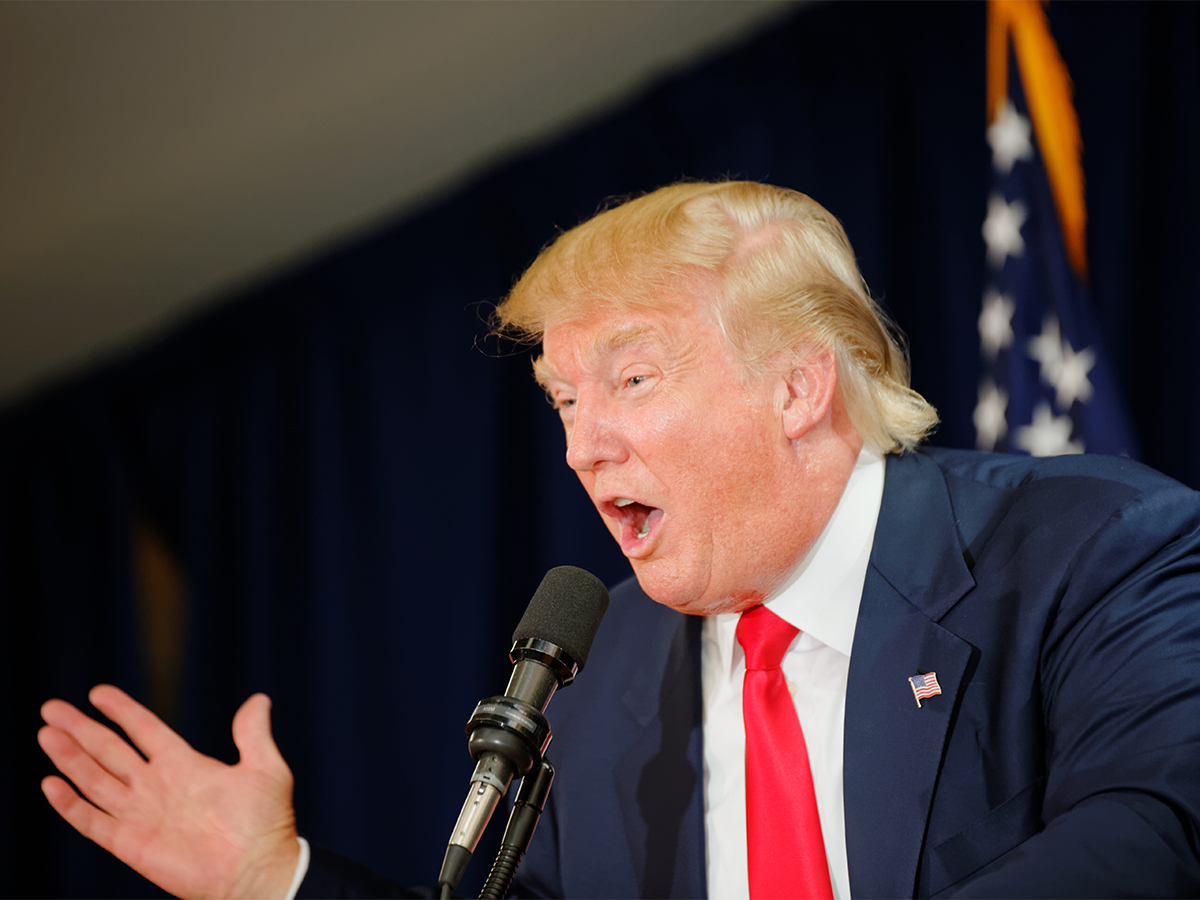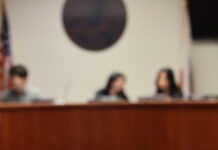In June of 2015, Donald Trump announced his presidential candidacy with the promise to build a wall on the border of the United States and Mexico. Throughout his campaign, Trump’s racially provocative rhetoric about Latinos defined his candidacy. According to research conducted by Benjamin J. Newman, associate professor of public policy; Sono Shah, a Ph.D. candidate in political science and Loren Collingwood, an associate professor of political science, Trump’s rhetoric about Latinos kindled his voter base in areas that recently had a significant increase in its Latino population.
In an interview with The Highlander, Shah wrote, “What the paper demonstrates is that residing in a high Latino-growth area is predictive of support for Trump, following, but not before his inflammatory statements about Mexican immigrants.” Shah also noted that it is “definitely possible” that this case could apply to other groups such as Muslim Americans and Arab Americans who were also targeted by Trump’s rhetoric.
Shah stated that, in areas like Riverside, their research would indicate a similar relationship between the area’s growth in the Latino population and the activation of latent Trump support following his “inflammatory” comments. Shah, however, noted that it is important to be careful of how these findings are interpreted particularly when disaggregating the data to a specific state, let alone a specific city.
Silvestre Aceves Reyes, a member of the Undocumented Students Program at UCR, stated, “I feel like these Republicans felt like they were hiding at first. I think they felt like in a way, they were chained up and as soon as Trump came out with this rhetoric, they were let loose and they felt comfortable supporting Trump’s beliefs about Latinos.”
Rubyd Olvera, a fourth-year student at UCR and member of Undocumented Student Programs, claimed, “This research is important because it is tangible verification of everything Latinos have always known to be true. I think the belief that Latinos are all rapists and drug dealers and that we should be feared has always been held by Republicans in areas such as Riverside. I think Trump’s rhetoric just simply gave them an excuse to finally vocalize these beliefs.”
Cristina Canales, a second-year student at UCR who is a member of the Chicano Student Programs, has always believed that Trump’s rhetoric allowed Republicans in areas with growing Latino populations to become more “overt” in their racism and discrimination. She stated, “I think it’s disheartening that we need the hard facts and this research to sometimes to confirm things that people like me have been saying all along. This research however, gets people to listen so I think it is really important.” Reyes also noted, “Having this tangible research is amazing because it validates this feeling that the Latino community has felt all along.”








